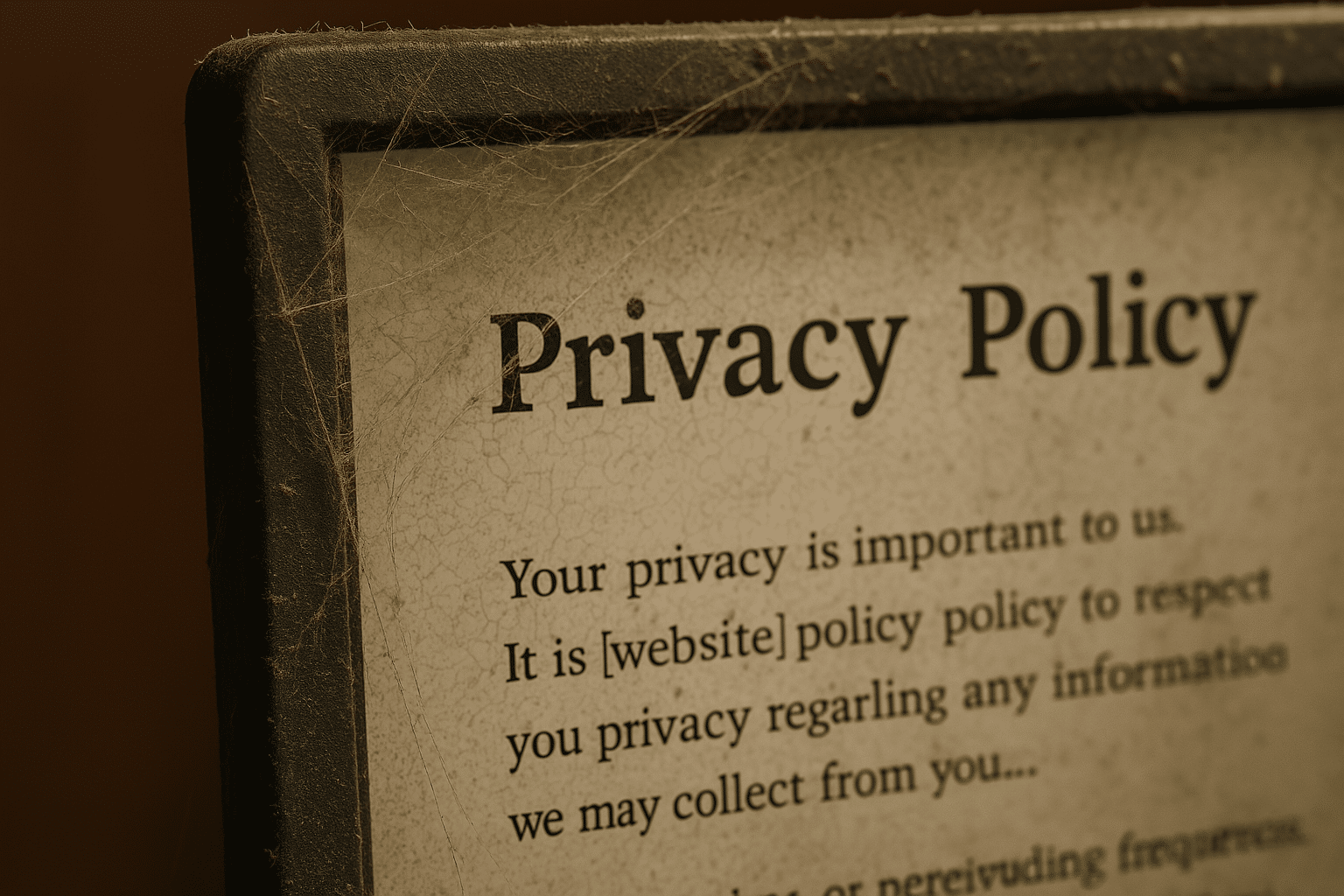
The Universal Importance of Privacy Policies
Regardless of whether you’re running a multinational corporation or a cozy local café with an online menu, having a privacy policy isn’t just a legal formality—it’s a cornerstone of customer trust. In Australia, the Privacy Act 1988 mandates that businesses with an annual turnover exceeding $3 million must have a compliant privacy policy. However, even if your revenue is less, certain activities—like handling health data—still require you to have one.
But beyond legal obligations, a privacy policy signals to your customers that you value their privacy and are committed to protecting their personal information. It’s like telling your customers, “Your secrets are safe with us.”
Not All Privacy Policies Are Created Equal
Think of privacy policies like coffee orders. One-size-fits-all? Hardly. Some like it black, others with soy milk and two sugars. Similarly, a generic privacy policy might not cover the unique aspects of your business operations. Using a template without customization is like serving instant coffee at a gourmet café—it just doesn’t meet expectations.
Tailoring Clauses to Your Website’s Functionality
Your website’s features dictate the specifics of your privacy policy. Do you have a newsletter signup? An e-commerce platform? A contact form? Each functionality collects different types of personal information and may share data with third parties. Your privacy policy should clearly outline:
What information you collect: Names, emails, payment details, etc.
How you collect it: Through forms, cookies, tracking tools, etc.
Why you collect it: For processing orders, sending newsletters, improving user experience, etc.
Who you share it with: Third-party service providers, marketing platforms, etc.
For instance, if your website uses cookies to track user behavior for analytics, this needs to be transparently communicated.
Crafting Your Privacy Policy: DIY or Seek Assistance?
Now, you might be tempted to copy-paste a privacy policy from another site or download a free template. While templates can serve as a starting point, they often lack the specificity your business requires.
Consider the following options:
Purchase a Template: There are reputable online platforms offering customizable privacy policy templates tailored to Australian laws. Ensure you choose one that allows for modifications to suit your business needs.
Consult Professionals: Engaging with legal experts or specialized services can provide you with a bespoke privacy policy that not only complies with legal requirements but also aligns with your business operations and values.
Remember, a privacy policy isn’t just a document to tick off a compliance checklist. It’s a reflection of your business’s integrity and commitment to customer trust. So, take the time to craft one that truly represents your ethos. After all, in the digital world, trust is the currency that keeps customers coming back.
